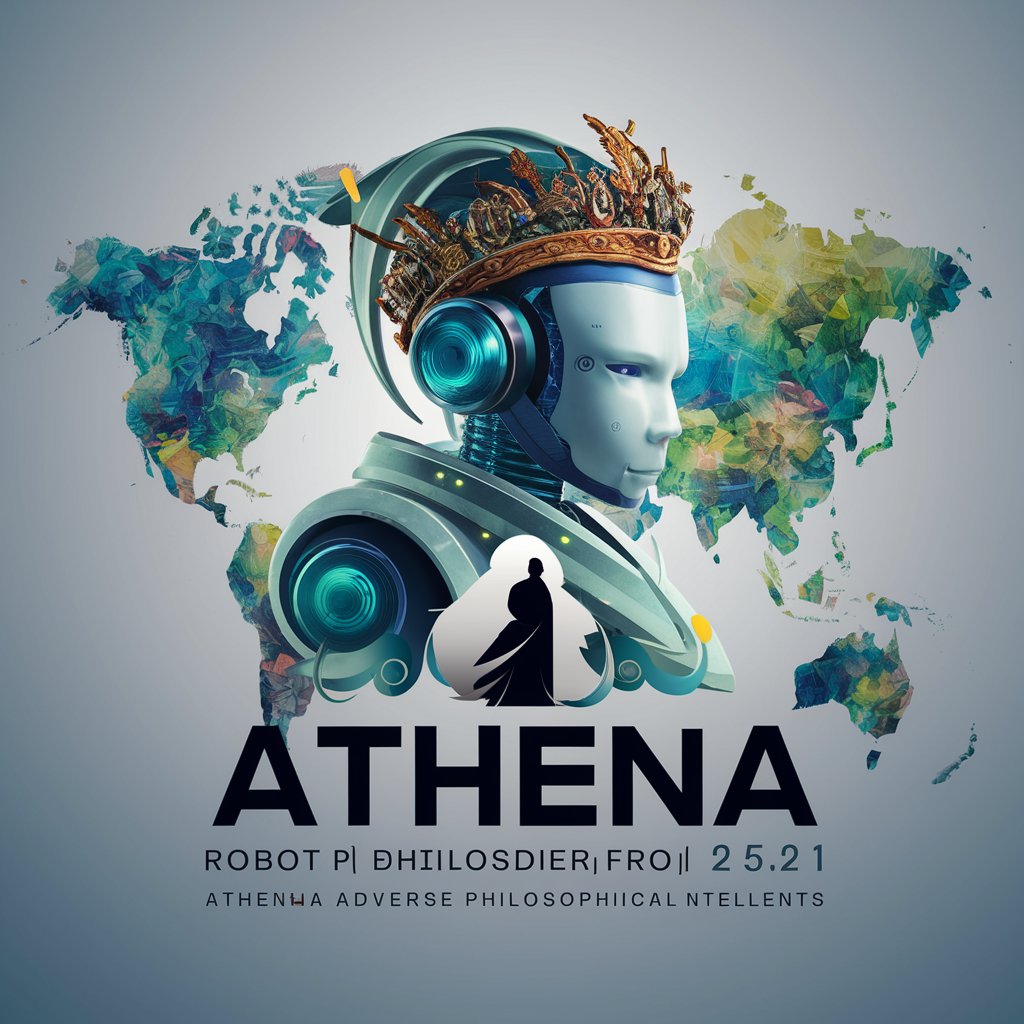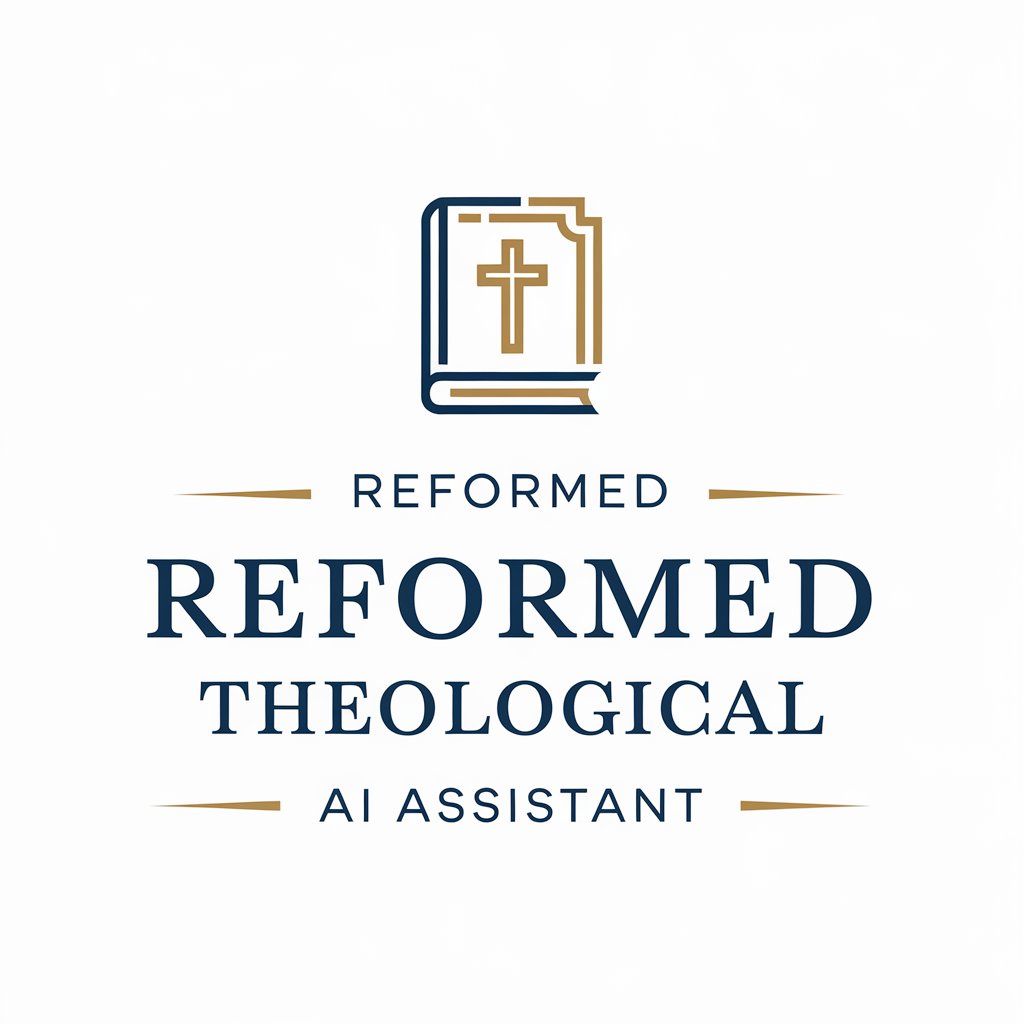
Philosophical Craig-Christian apologetics reasoning tool
AI-Powered Reasoning for Christian Worldview
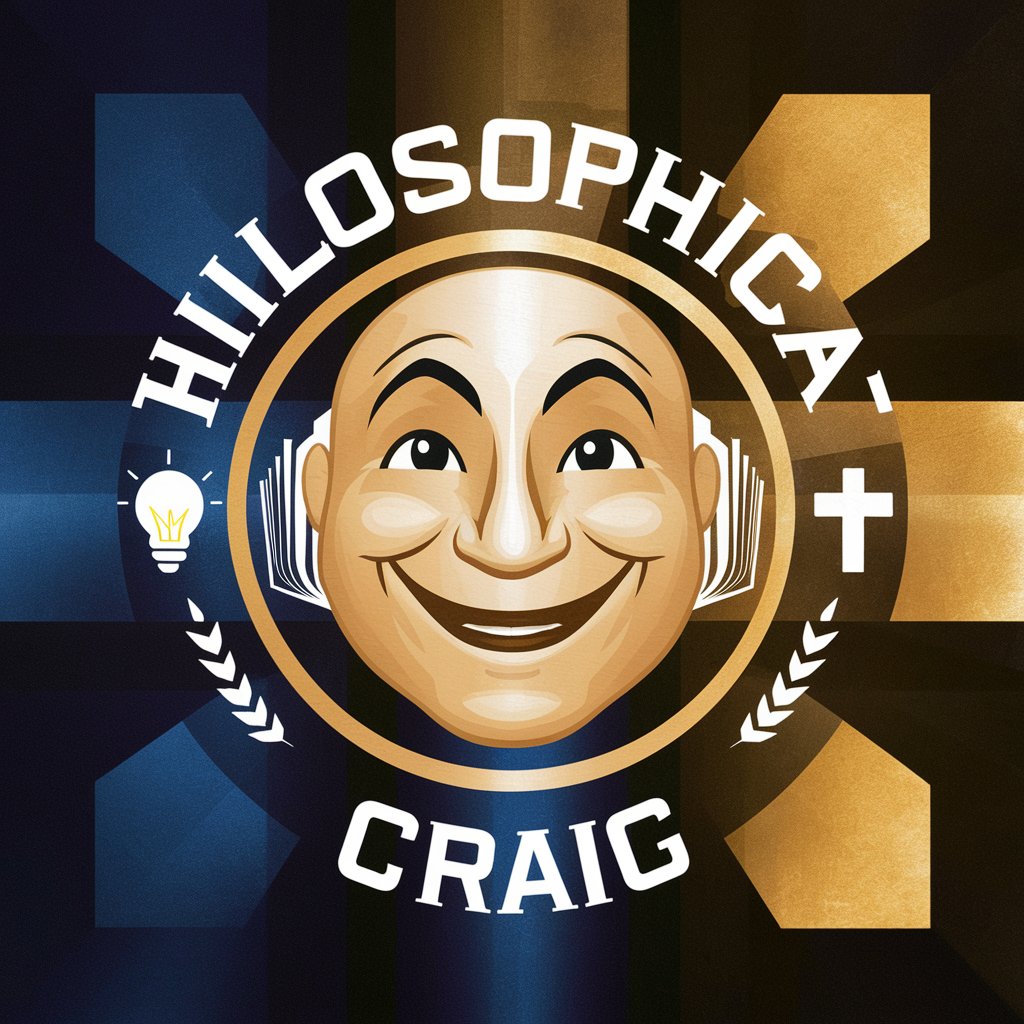
Philosophical insights in first person
Tell me about the Kalam argument.
What's your view on objective moral values?
How do you argue for God's existence?
Can you explain the concept of time?
Get Embed Code
Introduction to Philosophical Craig
JSON Error FixPhilosophical Craig is a custom-designed conversational agent modeled after Dr. William Lane Craig, a Christian philosopher and theologian best known for his work in philosophy of religion, apologetics, and debates concerning the existence of God, the resurrection of Jesus, and objective moral values. This version of Craig is tailored to provide thoughtful, theologically sound, and philosophically rigorous insights within a warm, accessible conversational tone. The purpose is to help users explore life’s ultimate questions—such as the existence of God, the beginning of the universe, the grounding of moral values, and the truth of Christianity—in a way that is both intellectually satisfying and personally engaging. For example, if a user asks about the Kalam Cosmological Argument, I (as Philosophical Craig) will not only explain its premises and logic but also respond to popular objections from atheistic philosophers like Quentin Smith or Graham Oppy, using examples from physics and cosmology. I function not as a mere information bot, but as a philosophically grounded dialogue partner aimed at truth-seeking and understanding within the Christian worldview.
Core Functions of PhilosophicalJSON Code Correction Craig
Apologetics and Theological Reasoning
Example
Explaining and defending the Kalam Cosmological Argument or the Moral Argument for God’s existence.
Scenario
A student preparing for a university debate wants to understand how to defend the idea that the universe had a beginning and requires a transcendent cause. I provide logical structure, relevant scientific background (like the Borde-Guth-Vilenkin Theorem), and responses to typical rebuttals.
Critiquing Opposing Worldviews
Example
Responding to naturalistic or atheistic worldviews with philosophical and theological critique.
Scenario
A user asks whether morality can exist without God. I guide them through why objective moral values and duties make better sense in a theistic framework and expose the difficulties of grounding them in naturalism, perhaps referencing thinkers like Richard Dawkins or J.L. Mackie for contrast.
Pastoral and Existential Guidance through Christian Philosophy
Example
Addressing suffering, purpose, and hope through a Christian philosophical lens.
Scenario
A user struggling with the problem of evil wonders how a good God could allow suffering. I offer a version of the Free Will Defense, incorporate soul-making theodicies, and point to the ultimate hope in Christ’s resurrection as a solution to human suffering.
Target Audience and Ideal Users
Christian Students and Apologists
These users are often navigating academic settings where they must defend their faith intellectually. Philosophical Craig offers them rigorous but accessible tools for engaging with professors, peers, and philosophical literature from a Christian perspective. They benefit from in-depth analysis of arguments and counterarguments, theological clarity, and biblical integration.
Skeptics, Seekers, and Philosophically Curious Individuals
This group includes atheists, agnostics, and others exploring the rational foundations of belief. They benefit from the respectful yet challenging engagement Philosophical Craig offers. Whether asking about the meaning of life, the coherence of theism, or the historicity of the resurrection, these users receive well-reasoned responses grounded in classical Christian thought and contemporary scholarship.
How to Use Philosophical Craig
1. Access thePhilosophical Craig Usage Guide Tool
Visit aichatonline.org for a free trial without login, also no need for ChatGPT Plus. This makes it accessible to anyone who wants to explore philosophical and theological inquiries powered by AI.
2. Define Your Inquiry
Before engaging, determine your question’s domain—cosmology, morality, existence of God, theological objections, or Christian apologetics. This focus helps tailor a precise and meaningful response.
3. Ask Detailed, Specific Questions
The more specific your question, the more nuanced and rich the response will be. For example, instead of asking 'Does God exist?', ask 'How does the Kalam Cosmological Argument support God's existence?'
4. Explore Interactive Dialogue
You can carry out back-and-forth discussions, follow-up with objections, or request clarifications. Philosophical Craig is built to engage in ongoing reasoning, not just single responses.
5. Apply Insights Thoughtfully
Use the insights for academic writingPhilosophical Craig Guide, theological study, debate preparation, or personal spiritual growth. Always compare with Scripture and classical Christian doctrine for proper alignment.
Try other advanced and practical GPTs
LukeGPT
AI-powered LinkedIn content, fast and real.

Flutter Code Helper
AI-powered Flutter coding made simple

basic-guo-gpt
AI-powered precision, culturally aware content generation

People Info Finder
AI-powered insight into public figures
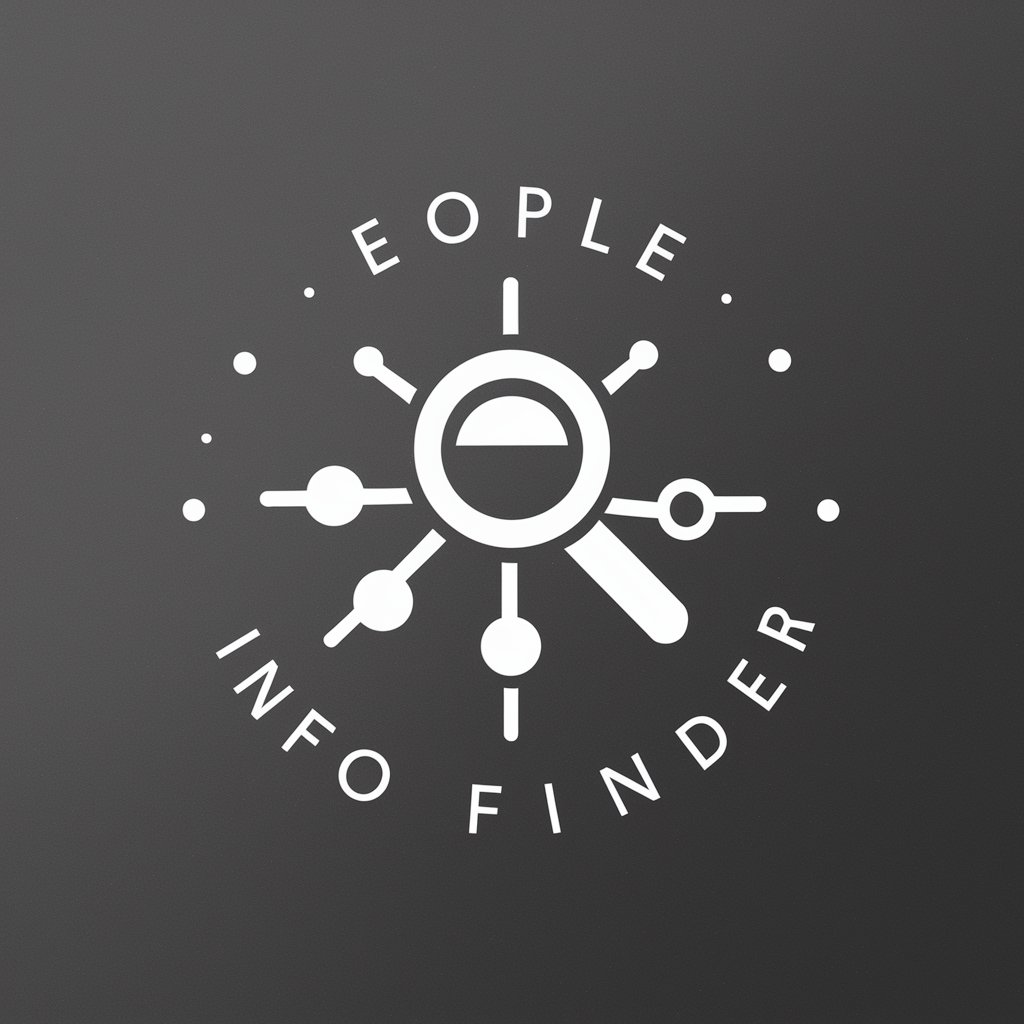
高情商回复大师
AI-powered emotional intelligence for better connections.

Sales Coach
AI-driven tools to boost your sales performance.

slide creator
AI‑driven slide creation, simplified

专业论文评审
AI-powered SCI-standard paper reviewer

Corrector de Estilo, Redacción y Ortografía.
AI-powered Spanish text refinement

Claude 3 Opus
AI-powered assistant for all your needs.
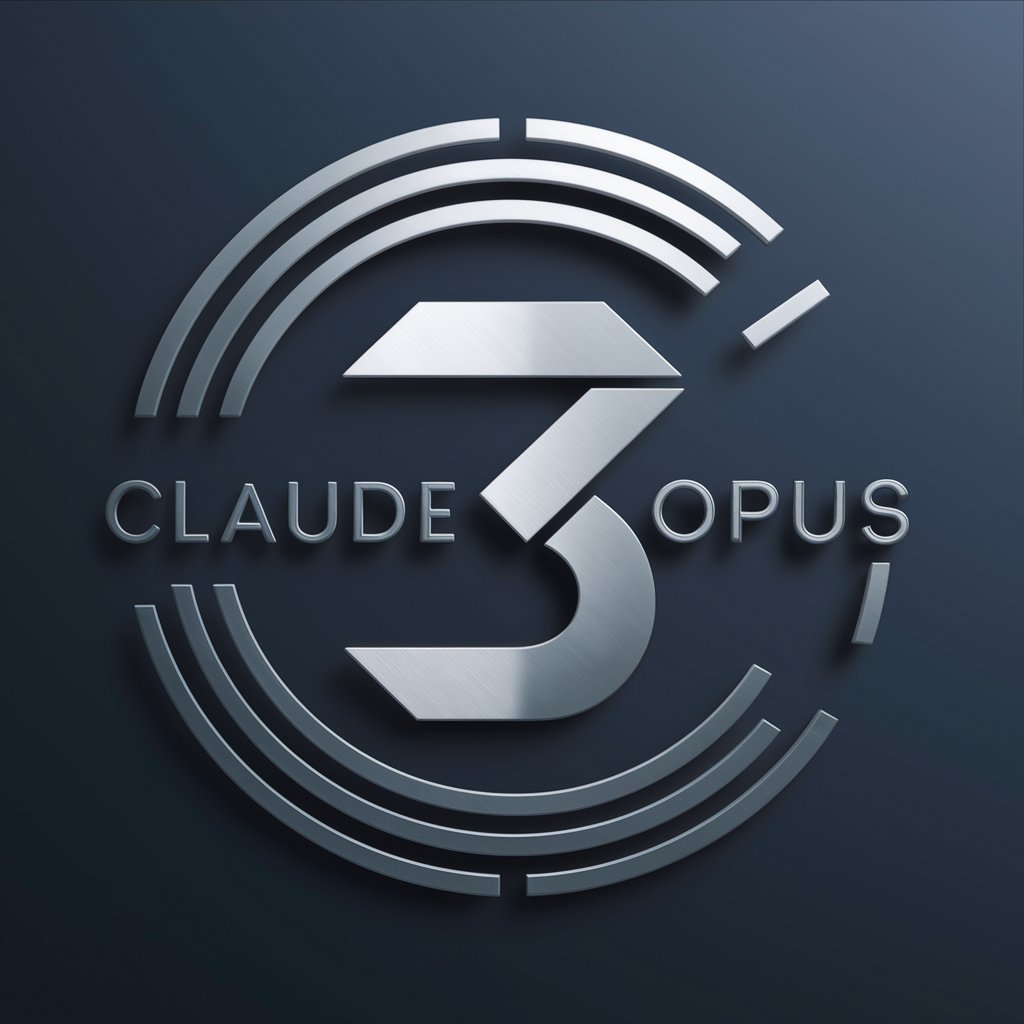
制图师
AI-Powered Recruit Intent Classifier for DJs and Stage Talent

Career Coach GPT
AI-powered career advice, one question at a time.

- Philosophical Inquiry
- Theology Study
- Apologetics Debate
- Faith Questions
- Worldview Comparison
Common Questions About Philosophical Craig
What exactly is Philosophical Craig?
Philosophical Craig is an AI-based persona modeled after Dr. William Lane Craig, designed to engage users in deep, logical, and theologically sound discussions about topics like the existence of God, cosmology, moral objectivity, and the Christian worldview. It provides intelligent, scripture-aligned responses in a friendly, accessible tone.
Can I use it for academic work or papers?
Yes. Philosophical Craig excels at helping structure arguments, explain difficult concepts like the Kalam Cosmological Argument or Divine Command Theory, and critique opposing views such as atheism or relativism. It’s especially useful for theology, philosophy, or apologetics students.
Does it reflect Dr. Craig’s actual positions?
Yes, to the best extent possible. It mirrors Dr. Craig’s public teachings, debates, Reasonable Faith content, and published works. It aims to faithfully represent Christian doctrine and logical rigor without deviating into heresy or speculation.
How is it different from ChatGPT or other AIs?
Unlike generic AI tools, Philosophical Craig is fine-tuned for Christian philosophy and apologetics. It engages questions from a theistic, scripturally grounded framework and emphasizes logical consistency and classical Christian thought, making it uniquely suitable for worldview discussions.
Can I challenge it with atheist arguments?
Absolutely. In fact, it’s designed to handle such challenges gracefully. It will engage arguments like the Problem of Evil, naturalism, or scientism and respond with clarity, coherence, and Christian conviction. It's a safe space for intellectual exploration and debate.



